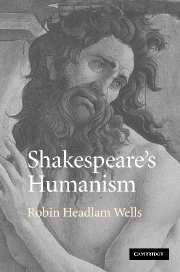2 - Gender
Published online by Cambridge University Press: 22 September 2009
Summary
During the Long Parliament England's puritan revolutionaries conducted an experiment: they tried to change human nature. In June 1647 Parliament decreed that Christmas, along with Easter, Whitsun and all the other traditional festivals of the Church year, was to be abolished. Wakes, feasting, dancing, church ales, Christmas holly bushes and unseemly merry-making had no place in the new godly society, so they were made illegal. The experiment failed. The puritan revolution could no more stamp out people's natural love of feasting, merry-making and dancing than the nineteenth-century English public school system could obliterate adolescent boys' obsession with sex. So unpopular were the government's attempts to suppress Christmas celebrations that in 1646 protestors took over the streets of Canterbury, set up holly bushes outside their houses, gave out free drinks, and broke open the city gaol. The militia had to be brought in to quell the riots.
Though Christmas festivities weren't legally abolished until 1647, the puritan campaign against the old Church rituals goes back to the Reformation. Evangelical clergy attacked anything that had a taint of the old religion. Because the seasonal festivals were so closely linked with Catholicism, they had to go. Despite the revival of pre-Reformation customs under Mary, seasonal celebration declined over the second half of the century. Between 1584 and 1586 there was a parliamentary campaign to reform the Church.
- Type
- Chapter
- Information
- Shakespeare's Humanism , pp. 31 - 49Publisher: Cambridge University PressPrint publication year: 2005



